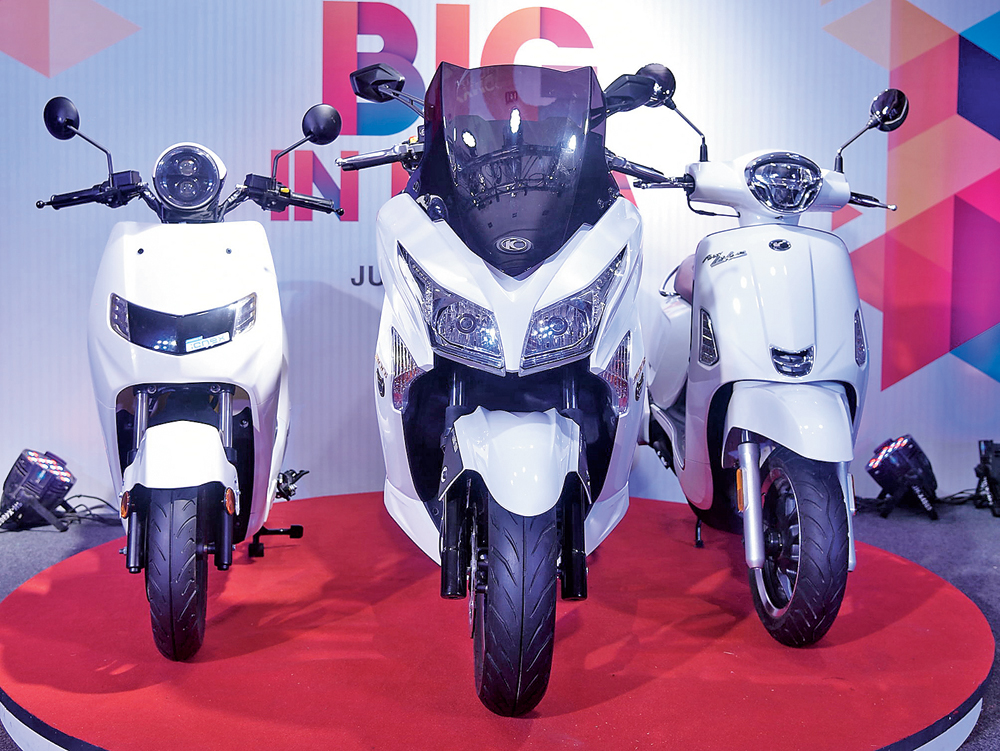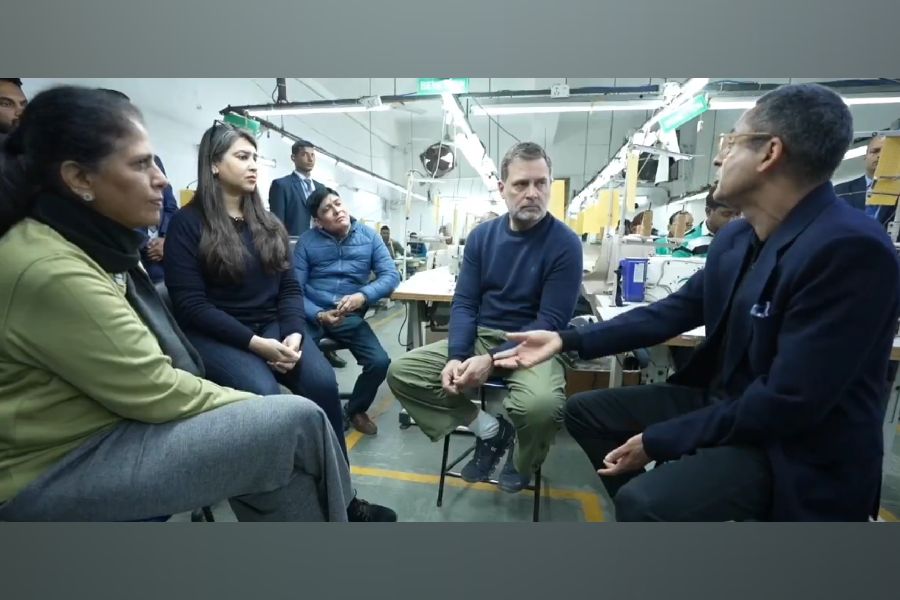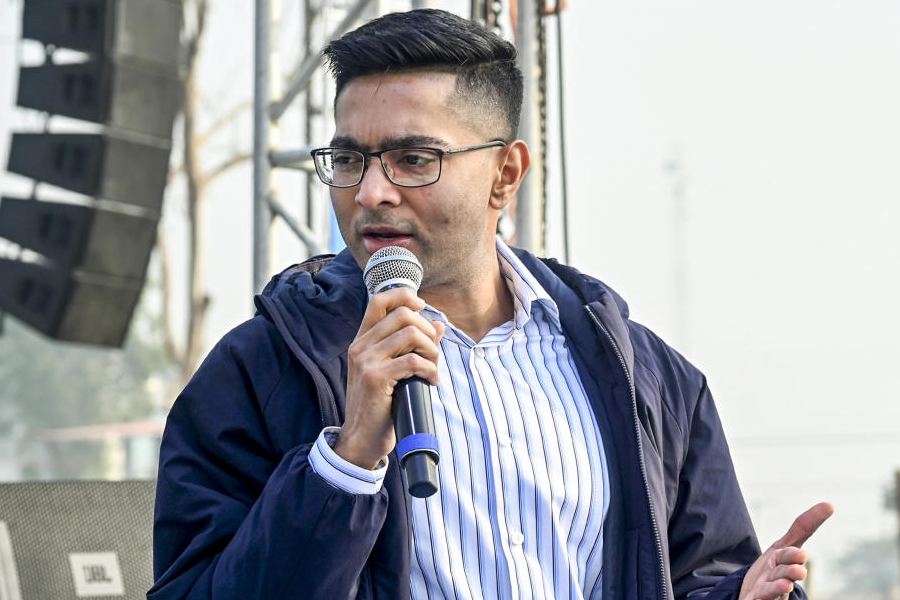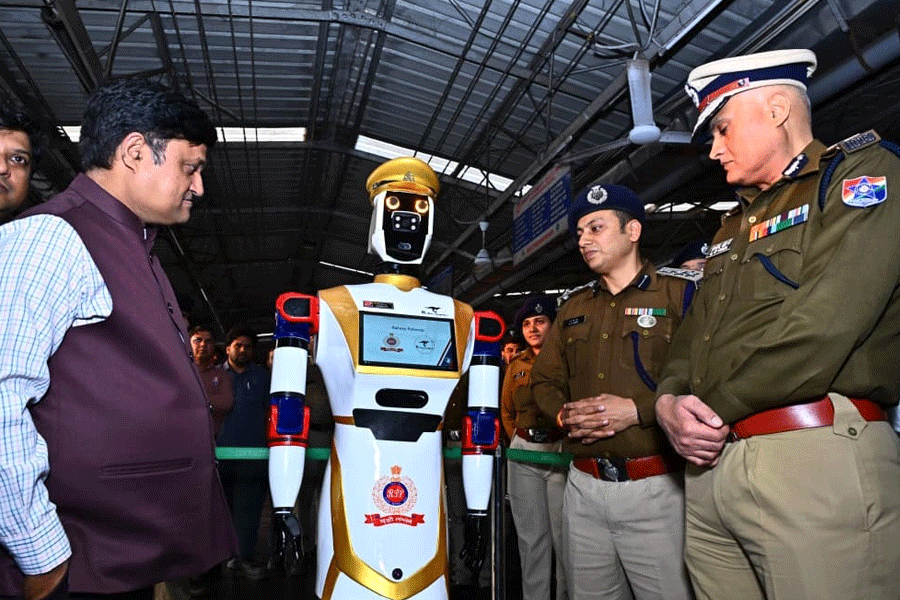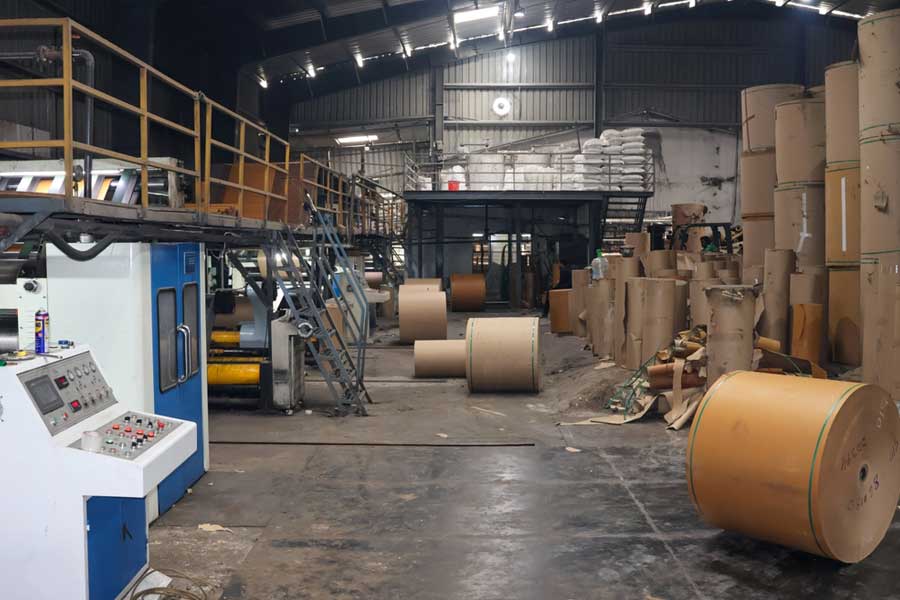When it comes to electric vehicles (EVs), the two major hurdles to their adoption and use happen to be range anxiety and wait time for charging the batteries. 22KYMCO, a joint venture between the Gurgaon-based 22Motors and Taiwan’s KYMCO, one of the largest scooter makers in the world, seems to have a solution to both the problems — and they are willing to share.
KYMCO has developed IONEX, an open platform for charging and swapping batteries for two-wheelers with India being the first market outside of its home country where the technology — which combines physical batteries and charging networks with cloud-based management of the entire system — will be offered.
If this is adopted by OEMs other than 22KYMCO, it has the potential of crashing not only the prices of EVs but also the time other OEMs that use this system will take to get products to the market.
22KYMCO has, also, previewed three scooters — iflow, Like 200 and X-Town 300i ABS — for separate segments of the scooter market. While the iflow is an electric that uses the IONEX swappable battery platform, the Like 200 and X-Town are petrol scooters in the commuter and lifestyle segments, respectively. All three will be made at 22KYMCO’s plant in Bhiwadi, Haryana, and deliveries will start this September.
However, what is most interesting is the IONEX plan. 22KYMCO is launching it initially in six cities — Calcutta, New Delhi, Bangalore, Pune, Hyderabad and Ahmedabad — and wants to set up a network of 40 battery swapping and charging stations in each of them that, if other OEMs adopt the system, would be shared.
While this would be confined to urban areas, this is the most widespread charging network that anyone is proposing to set up in the country yet.
The way it would work is that 22KYMCO would own the batteries which would be leased out to those who buy the iflow scooter. This scooter uses a pair of batteries, each of which weighs around 5kg and has a range of 30km-40km depending on riding conditions. The cost of leasing a battery would be Rs 500 a month.
They can easily be taken out from their underseat compartment and charged off a 5Amp socket — four hours to a full charge using a dock. At a fast-charging station, the job gets done in 40 minutes to an hour with the user having to pay a wee bit more than the bare energy costs.
With the network of IONEX charging stations, a scooterist can also go to one of them and swap his drained battery for a fully-charged battery and be gone. There would be no wait time. Also, with two batteries, even after one drains out totally, one would still have at least 30km of range available to find a swapping station.
All of this will be facilitated by a smartphone app that will tell the user which would be the closest place to find charged batteries or recharge his.
Allen Ko, the chairman of KYMCO, which has developed IONEX, is optimistic that his system will take off in India. He says: “Our vision is that other brands and OEMs won’t have to worry about batteries. They just have to design the electric vehicles that can accommodate IONEX batteries so that their customers can make use of the IONEX infrastructure. In India, we are now starting to build the IONEX network. In a year or two, we are going to have a very comprehensive charging network. And then if some other brand designs their electric vehicles with these specifications, then their customers can use IONEX batteries. It’s like a ICE (internal combustion engine) concept. We all get petrol from the oil companies and the motorcycle company does not have to worry about the gasoline.
He adds: “The most challenging and difficult part for any manufacturer is to integrate the battery and system in the car and the energy station and get them working together. (Most) traditional OEMs know mechanics only — we don’t know anything about electrics, cloud, IOT…. At KYMCO we launched EVs 20 years ago and started to develop our IOT technology. But it is very difficult for other manufacturers. A lot of motorcycle companies think that they want to develop a system like this; I think in the end they will give up because this is too difficult. And it takes a long time for you to acquire that kind of knowledge. That is why we developed this IONEX platform that we believe sooner or later people will find merit in using.”
Says Parveen Kharb, CEO of 22Motors: “Nowadays the consumers are actively looking for electric products, but there is no product that can fulfil their need gaps. The new kind of electric scooters that 22KYMCO makes do that.” Amen to that.

